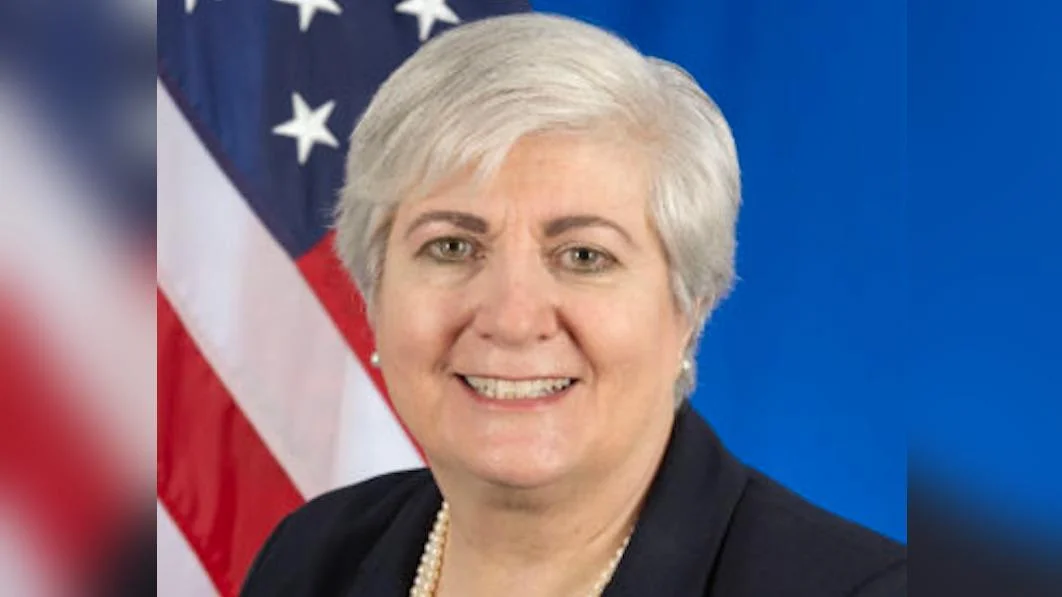Thank you, Chairman Olajide, for your kind introduction. I also want to thank Florie Liser and President Lourenço for their warm hospitality — and for making this Summit possible.
Your Excellencies, Honorable Ministers, members of the diplomatic corps, distinguished guests, and most importantly, the business leaders and innovators gathered here today:
It is a tremendous honor to be in Luanda on behalf of the President of the United States and the Secretary of State at CCA’s 17th U.S.-Africa Business Summit — a platform that reflects our shared commitment to prosperity and partnership. The Trump Administration recognizes — and deeply appreciates — the remarkable transformation Africa has undergone since the first Summit 28 years ago. To illustrate, Africa’s total GDP has grown more than fivefold since 1997. This year, 12 of the world’s 20 fastest-growing economies are in Africa, making it the second-fastest-growing region globally after Asia.
Technology has reshaped the economic landscape. Africa’s digital economy, valued at $180 billion today, is projected to exceed $700 billion by 2050. This is more than numbers — it signals a shift in how business is done and a powerful rise in consumer demand. In 2024 alone, Africa imported $435 billion in goods — nearly nine times more than in 2000.
Africa’s global influence is also rising. Its growing presence in multilateral institutions — including a permanent seat for the AU in the G20 — reflects its rightful place in global decision-making. By 2050, Africa will be home to 2.5 billion people — a quarter of the world’s population — with projected purchasing power above $16 trillion.
The Africa of 1997 is not the Africa of today and certainly not the Africa of the future. That’s why our approach must evolve because delivering on this Summit’s promise of mutual prosperity demands it. We must move beyond outdated one-way aid relationships to a modern two-way partnership based on trade and investment. And we must confront hard truths: despite Africa’s growth, U.S. exports to Sub-Saharan Africa still make up less than one percent of our global trade in goods — a figure that hasn’t moved in decades.
We’ve studied the causes, and the conclusion is clear.
For too long, U.S. policy has prioritized development assistance over commercial engagement. We will continue to support development but through expanded trade and private enterprise because business—not aid—drives lasting growth. We’ve also focused too much on macro reforms while overlooking daily hurdles U.S companies face; our tools have been too slow fragmented reactive competing with China others many American companies remain hesitant unsure rewards outweigh risks
That must change—and it is changing.
Last month Abidjan had honor launching new commercial diplomacy strategy designed deliver results no repeating full opportunity time act truly treat equals strategy includes six actions grounded partnership companies here African governments interagency partners especially Department Commerce
First making commercial diplomacy top priority every Ambassador measure success deals delivered cables written launch advancing major deals across continent building deals secured first months Trump Administration week Summit expect sign additional high-value agreements highlighted landmark agreement construct LNG terminal Freetown
Second working African governments top-priority market reforms cutting red tape accelerating permitting strengthening rule law
Third scaling infrastructure efforts building success Lobito Corridor expanding high-impact commercially viable projects unlock investment
Fourth redesigning diplomatic trips business-forward engagements connecting American companies directly opportunities first time private sector part delegations shaping agenda start
Fifth connecting export-ready companies demand aligning expertise needs
Sixth pushing structural reforms trade financing tools faster flexible competitive
But can’t do alone need businesses step take smart risks invest confidently seize opportunity call partners create conditions attract sustain investment especially institutional investors representing assets management urge look beyond price recognize long-term value choosing goods services quality innovation committed mutual benefit So let get work use not talk build together Thank you

